Preparing for an Endoscopy: Essential Tips for a Smooth Procedure
“An endoscopy might sound intimidating, but with the right preparation, you can ensure a smooth, stress-free experience. Learn how to prepare and what to expect!”
Introduction
Have you ever wondered what goes on inside your digestive system? An endoscopy allows doctors to get a clear view of the inner lining of your gastrointestinal (GI) tract, which includes your esophagus, stomach, small intestine, and large intestine (colon). This minimally invasive procedure uses a thin, flexible tube equipped with a light and camera. By inserting the endoscope through your mouth or rectum, doctors can diagnose a variety of conditions, such as ulcers, inflammation, and bleeding.

An endoscopy can be a valuable tool for maintaining your digestive health. However, proper preparation is crucial for a smooth and successful procedure. This blog post will guide you through everything you need to know about preparing for an endoscopy, from dietary adjustments to what to expect during the procedure itself. By following these tips, you can ensure a comfortable and safe experience.
Understanding Endoscopy
Endoscopy is a medical procedure that allows doctors to examine the inside of your body without the need for invasive surgery. The procedure involves using an endoscope, a long, flexible tube with a camera and light at its tip, which is inserted into the body through a natural opening (like the mouth or rectum) or a small incision. The camera sends real-time images to a monitor, allowing the doctor to closely examine the area and detect any abnormalities.
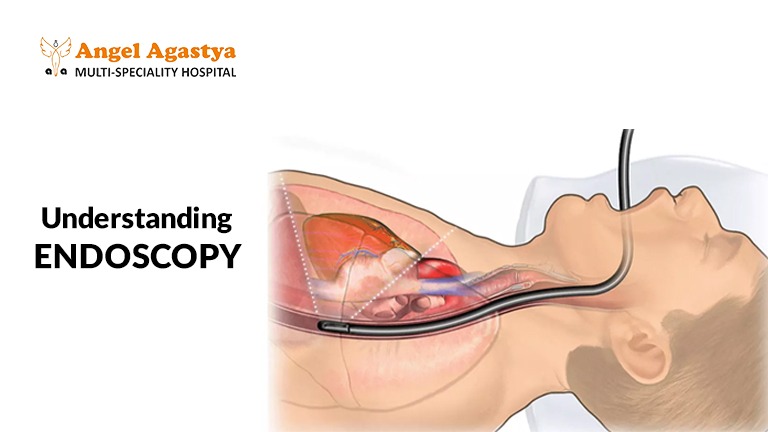
There are various types of endoscopies, each designed to examine different parts of the body. Some of the most common types include:
- Colonoscopy: This procedure examines the entire colon (large intestine) for polyps, inflammation, bleeding, or cancerous growths.
- EGD (Esophagogastroduodenoscopy): This procedure looks at the esophagus, stomach, and the first part of the small intestine (duodenum) to identify problems like ulcers, bleeding, or tumors.
- Bronchoscopy: Used to examine the airways and lungs, bronchoscopy helps diagnose lung diseases and conditions such as infections or cancer.
- Cystoscopy: This procedure looks inside the bladder and urethra to detect bladder cancer or other urinary tract issues.
Each type of endoscopy provides a valuable tool for diagnosing various medical conditions, and proper preparation ensures the procedure’s effectiveness.
Preparing for Your Endoscopy
Proper preparation for an endoscopy is essential to ensure the procedure goes smoothly and the doctor can get the clearest view possible. Here are the key steps in preparing for an endoscopy:
Dietary Restrictions
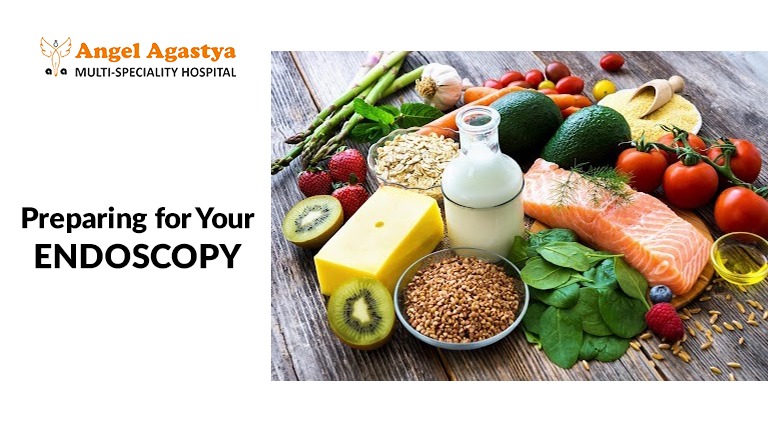
One of the most important aspects of preparing for an endoscopy is following the dietary restrictions set by your doctor. Generally, you will need to fast for a certain period before the procedure. This ensures that your stomach and intestines are empty, allowing the doctor to get a clear view of the internal structures.
- Fasting Before the Procedure: You will likely need to avoid solid food for at least 8 hours before the procedure. The duration of fasting will depend on the type of endoscopy you’re undergoing. For example, if you are having a colonoscopy, your doctor may ask you to avoid all food and drinks the day before the procedure.
- Clear Liquids: In many cases, you will be allowed to drink clear liquids up to 4 hours before the procedure. This includes water, clear broth, black coffee or tea, and clear fruit juices without pulp. Avoid any drinks that are colored red or purple, as they can be mistaken for blood during the procedure.
For certain types of endoscopies, such as a colonoscopy, additional preparation may be required to cleanse your bowels and ensure there is no stool left in the colon.
Bowel Preparation for Colonoscopy
If you’re undergoing a colonoscopy, the preparation process is more involved. You will be given a bowel-cleansing solution or instructions to take a series of laxatives. This is necessary to clean out your intestines, ensuring that the doctor has a clear view of the colon.
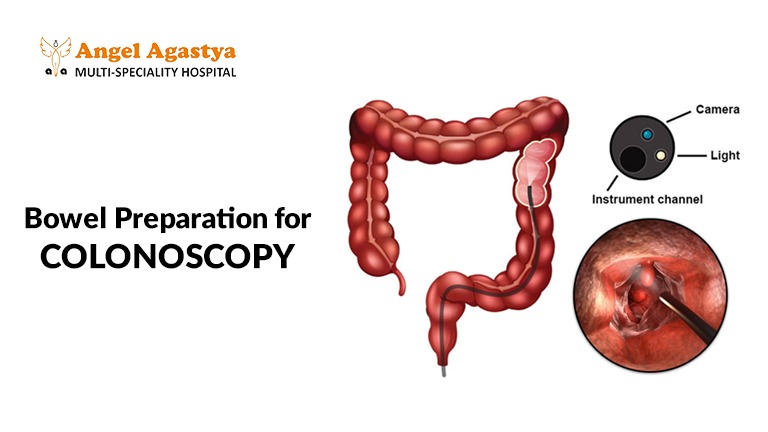
Your doctor will provide specific instructions about the timing of the bowel prep and what type of solution or laxatives to use. Typically, this preparation begins the day before the procedure. The bowel-cleansing process may involve drinking a large volume of liquid or using enemas to flush out the intestines. Make sure to follow these instructions carefully to avoid any complications.
Medication Considerations
It’s essential to inform your doctor about any medications or supplements you’re taking. Certain medications may need to be adjusted or temporarily stopped before the procedure. This is particularly important for individuals taking blood thinners, such as aspirin, warfarin, or clopidogrel. These medications can increase the risk of bleeding during the procedure.
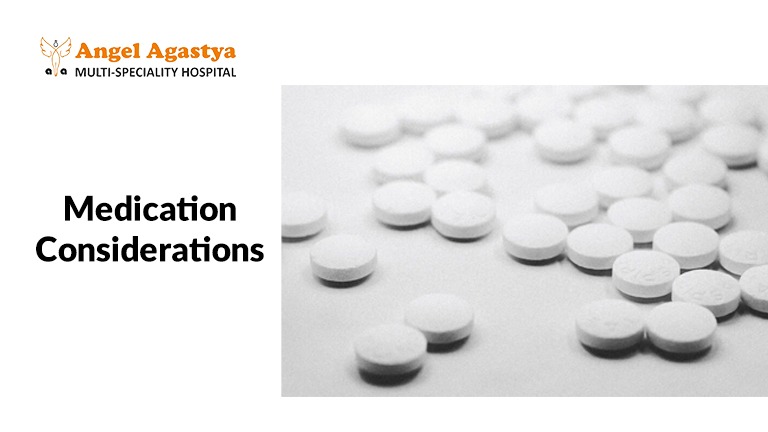
If you take medications for chronic conditions, such as diabetes or high blood pressure, your doctor will give you specific instructions on how to manage these conditions on the day of the procedure. For example, you may be asked to adjust the timing of your insulin or blood pressure medication to ensure your safety during the procedure.
Other Preparations
Apart from dietary and medication adjustments, there may be additional preparations depending on the type of endoscopy you’re having:
- Arrange for a Ride Home: Since you will likely be sedated or given medication to relax during the procedure, you will not be able to drive yourself home afterward. It’s important to arrange for someone to accompany you.
- Dress Comfortably: Wear loose, comfortable clothing to the procedure. You may need to change into a gown before the procedure begins.
- Remove Jewelry and Dentures: Remove any jewelry, contact lenses, or dentures before the procedure, as they can interfere with the procedure or be uncomfortable.
- Avoid Smoking and Alcohol: Your doctor may advise you to avoid smoking and alcohol for a certain period before the procedure. Smoking and alcohol can interfere with sedation and increase the risk of complications.
What to Expect During the Procedure
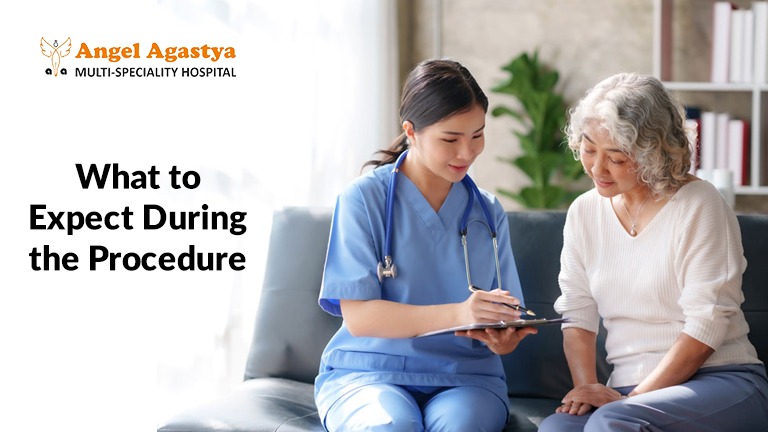
When you arrive at the hospital or clinic for your endoscopy, the medical team will guide you through the process. Here’s what you can expect during the procedure:
Sedation and Relaxation
Before the procedure begins, you will likely be given medication to help you relax and reduce any discomfort. The type of sedation used will depend on the type of endoscopy you’re having and your doctor’s recommendations:
- Mild Sedation: For some types of endoscopy, such as an upper endoscopy (EGD), you may receive mild sedation to help you feel more relaxed. You will remain conscious but may feel drowsy.
- Moderate Sedation: For other types of endoscopy, such as a colonoscopy, you may be given moderate sedation, which will make you feel relaxed and possibly sleep through the procedure. You will not remember much, if anything, after the procedure.
The goal of sedation is to keep you comfortable while allowing the doctor to perform the procedure effectively.
The Procedure Itself
Once you’re sedated, the doctor will begin the endoscopy. The specific steps will vary depending on the type of endoscopy, but in general:
- Colonoscopy: The doctor will insert the endoscope through your rectum and gently guide it through the colon. The endoscope allows the doctor to view the lining of your intestines on a monitor. If necessary, the doctor may remove polyps or take biopsies during the procedure.
- EGD (Esophagogastroduodenoscopy): The doctor will insert the endoscope through your mouth, guiding it down the esophagus and into the stomach and duodenum. The doctor may take biopsies or perform other treatments, such as dilating strictures (narrowed areas).
- Bronchoscopy: The endoscope is inserted through the nose or mouth and down the airways to examine the lungs. A bronchoscopy is often used to diagnose lung infections, blockages, or cancer.
- Cystoscopy: The endoscope is inserted through the urethra to examine the bladder for signs of infection, bladder cancer, or other conditions.
Discomfort and Pain
While an endoscopy is generally not a painful procedure, you may experience some mild discomfort. You might feel bloated or have a sensation of pressure during a colonoscopy. In some cases, you may experience a sore throat after an EGD.
If you’re undergoing a colonoscopy or other endoscopy with sedation, it’s normal to feel groggy or disoriented for a short period after waking up from the procedure. These side effects typically wear off within a few hours.
After the Procedure: Recovery and Care
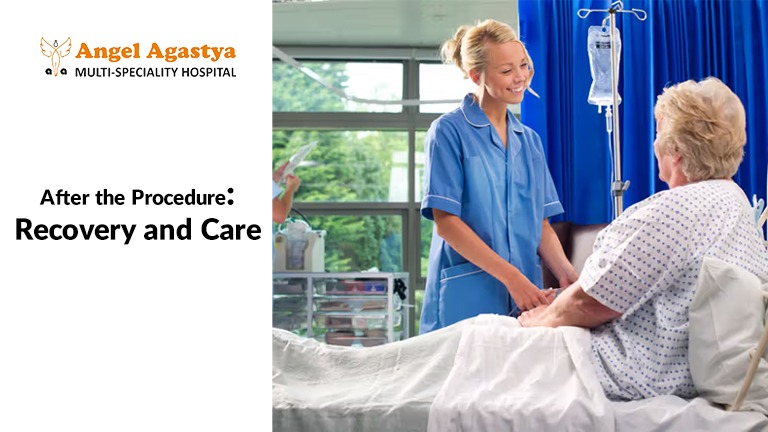
Once the procedure is over, you will be monitored as the sedation wears off. Depending on the type of endoscopy, you may be asked to rest for a short period before being allowed to go home. Here are some things to keep in mind during the recovery phase:
- Post-Procedure Discomfort: It’s common to experience mild bloating or cramping after a colonoscopy. You may also have a sore throat after an EGD. These symptoms usually subside within a few hours to a day.
- Diet and Hydration: After the procedure, your doctor may advise you to stick to light foods and clear liquids for a short period. Avoid heavy meals or alcohol until you feel fully recovered.
- Activity Restrictions: Avoid strenuous activities and driving for the remainder of the day, especially if you received sedation. It’s important to let your body fully recover from the procedure.
- Follow-Up Instructions: If any biopsies were taken or if your doctor wants to monitor your condition further, you will receive instructions for follow-up appointments or tests.
FAQs
- How long does the fasting period before an endoscopy last?
- The fasting period varies depending on the type of endoscopy. Generally, you’ll need to fast for 8-12 hours before the procedure.
- Is endoscopy painful?
- You may experience some mild discomfort during the procedure, such as pressure or bloating. However, sedation will minimize any pain.
- What are the risks associated with endoscopy?
- Risks are generally low, but potential complications include bleeding, infection, and perforation.
- Can I take my regular medications after the procedure?
- You should consult with your doctor about resuming your regular medications. They may advise you to wait for a certain period.
- What should I expect after the procedure?
- You may experience mild discomfort, such as a sore throat or bloating. You’ll be monitored until the effects of sedation wear off.
- Can I eat and drink after the procedure?
- You may be restricted to clear liquids initially and gradually return to a normal diet. Follow your doctor’s instructions.
- How long does recovery from an endoscopy take?
- Most people recover within a few hours. However, it’s important to rest and avoid strenuous activity for the rest of the day.
- Can I drive myself home after an endoscopy?
- No, you should arrange for someone to drive you home as you will be under the effects of sedation.
- What are the signs of complications after an endoscopy?
- Signs include severe pain, fever, difficulty breathing, excessive bleeding, or persistent vomiting.
- When should I contact my doctor after the procedure?
Conclusion
Preparing for an endoscopy is essential for ensuring that the procedure is as effective, comfortable, and safe as possible. By following your doctor’s instructions for dietary restrictions, medication adjustments, and other preparations, you can help ensure a smooth procedure. While an endoscopy is a minimally invasive procedure, it can provide invaluable insight into your health, especially when it comes to detecting and diagnosing conditions affecting your digestive system.
By understanding what to expect and preparing accordingly, you can approach the procedure with confidence, knowing you’ve taken the necessary steps for a successful and comfortable experience. Always remember to communicate openly with your healthcare provider and ask any questions you may have about the process—your comfort and safety are their top priorities.

